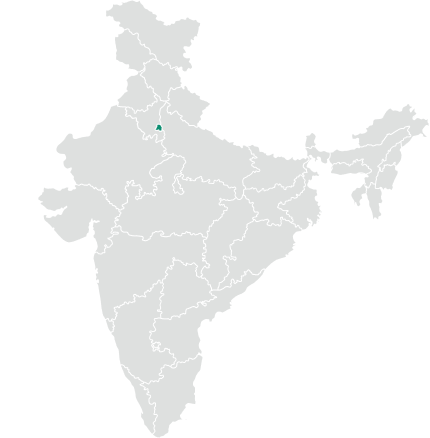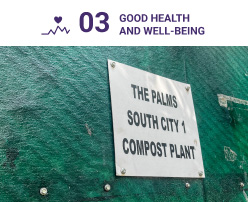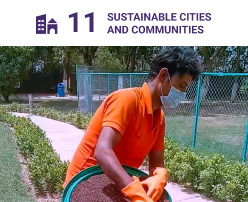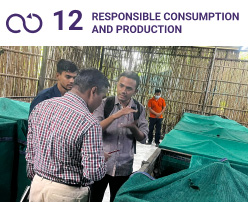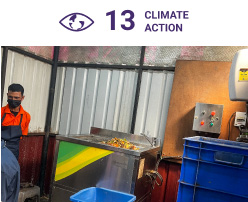Real Stories, Real Change
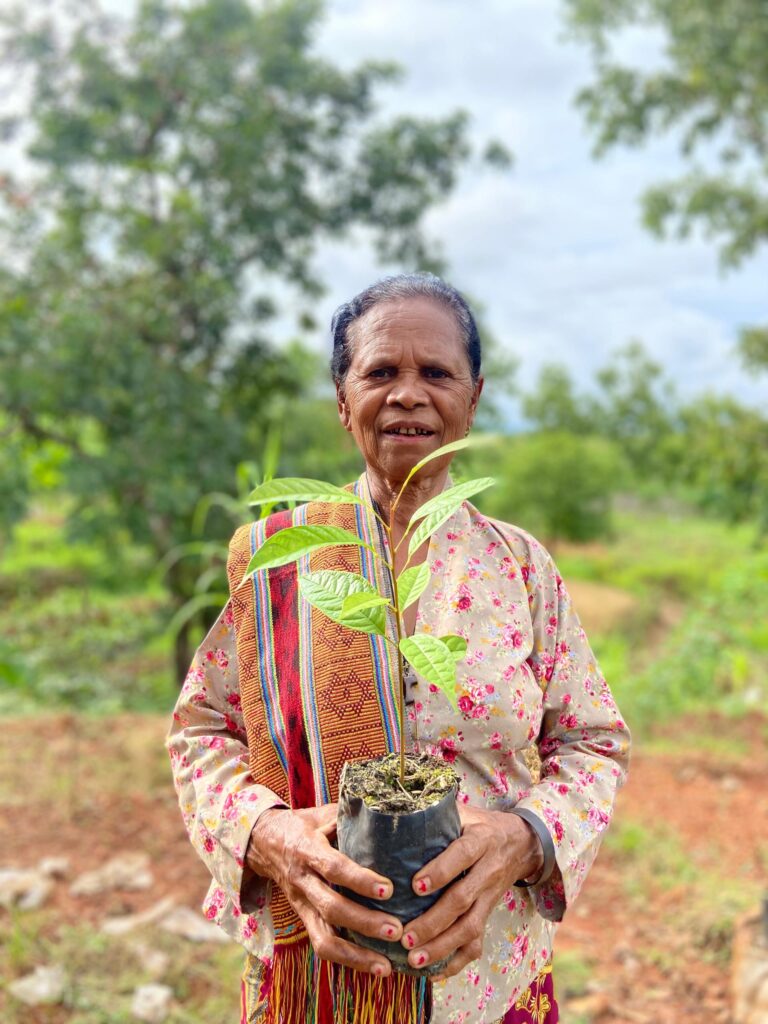
Armandina de Oliveira Bui Aca's Story

I am proud that this project’s impact is significant, as it enhances my capacity and knowledge. It provides training on important skills, including seed selection, mixing organic soil and planting seeds in polybags, land and water conservation, compost making, and managing rural cooperatives. Through these activities, I receive an income, which I have used for my house’s construction and for my children’s school fees and uniforms.
Armandina de Oliveira Bui Aca
Ritabou, Bobonaro, Timor-Leste





